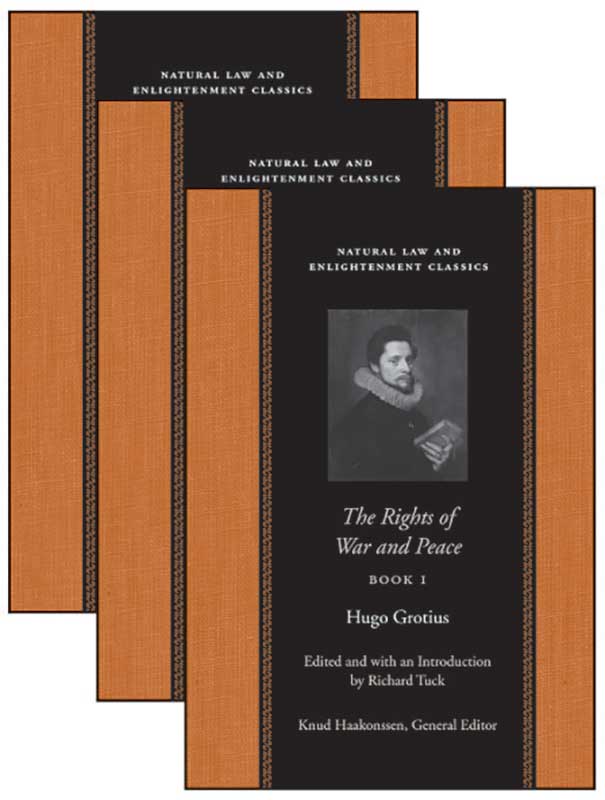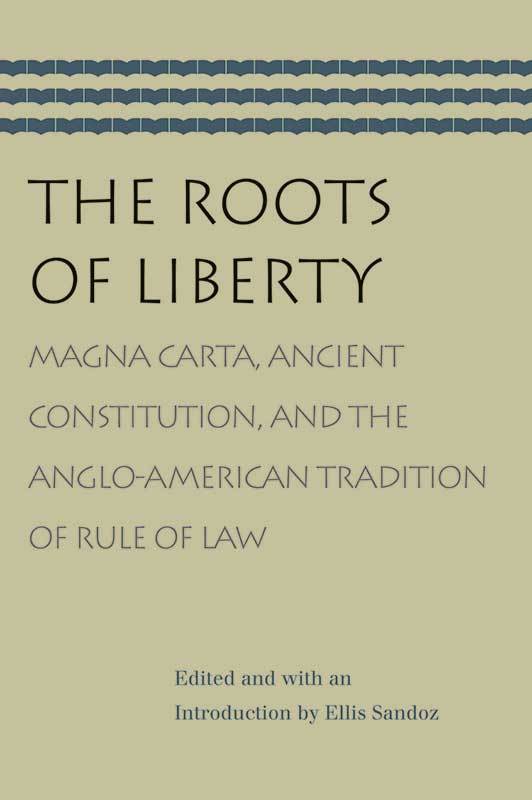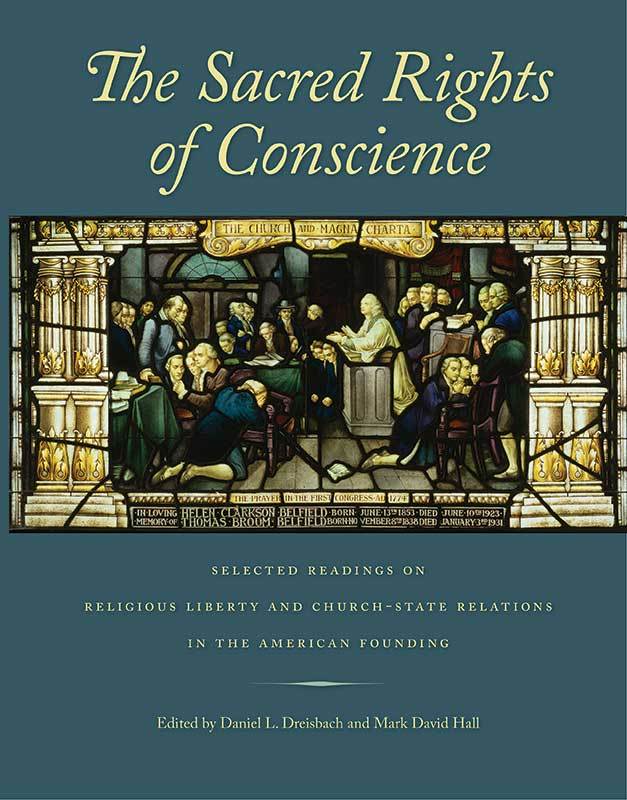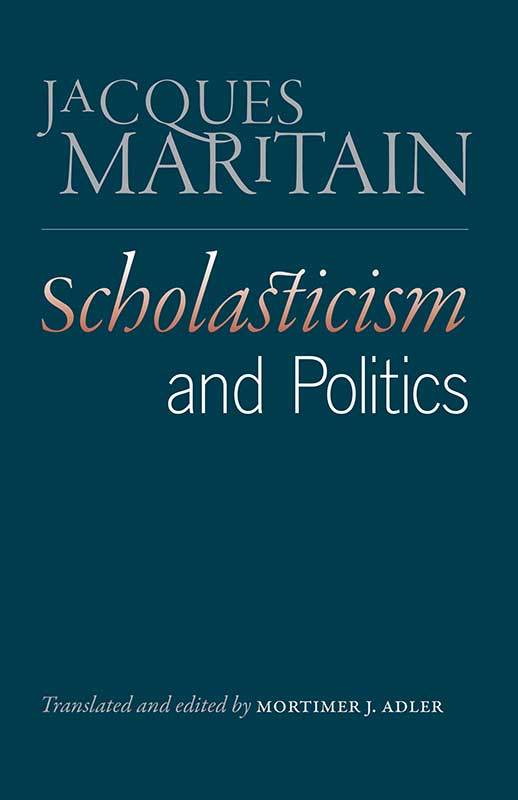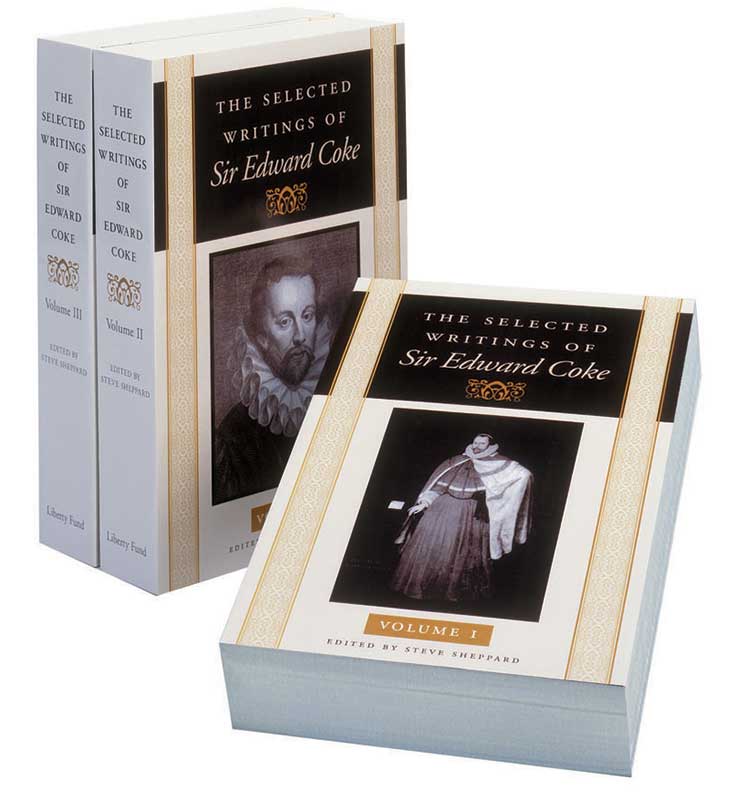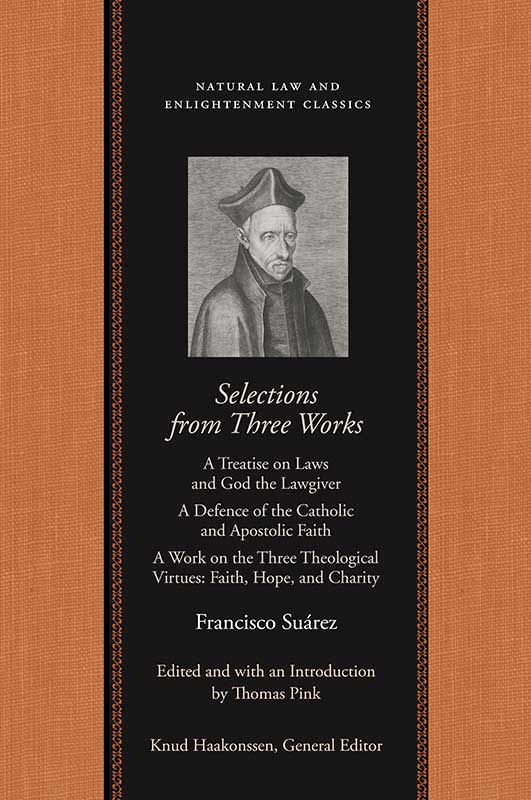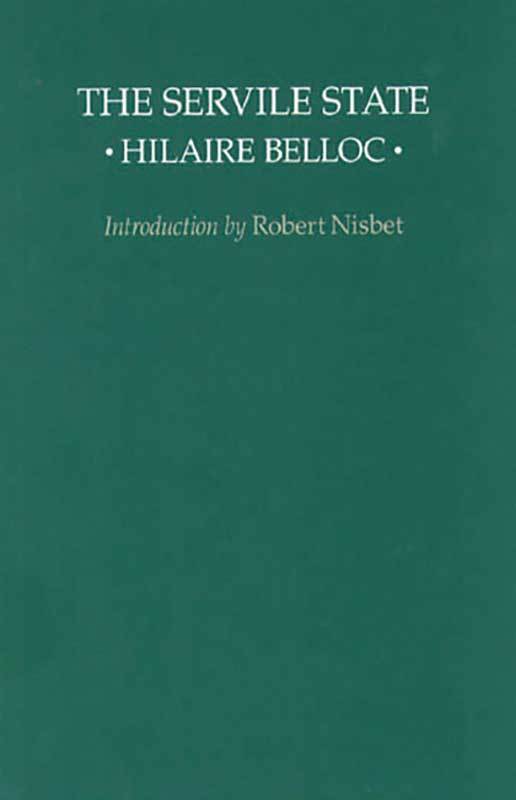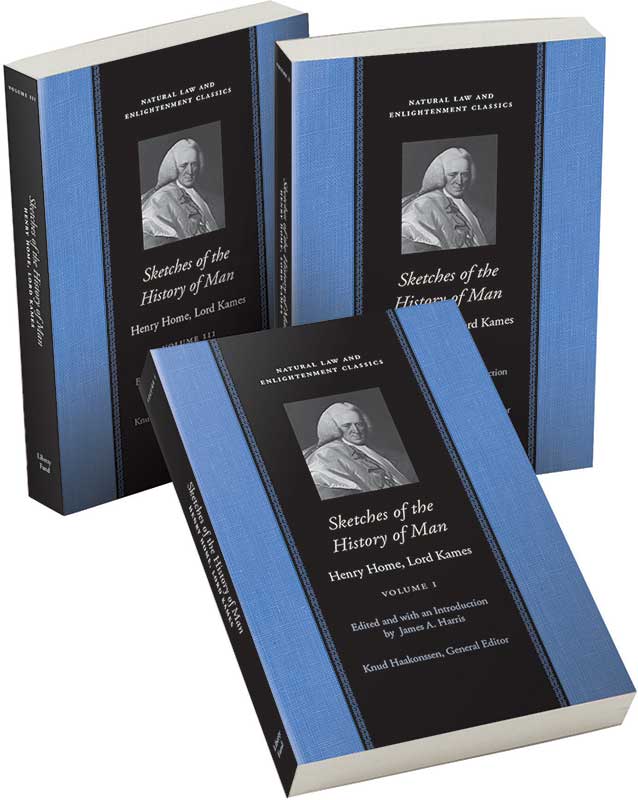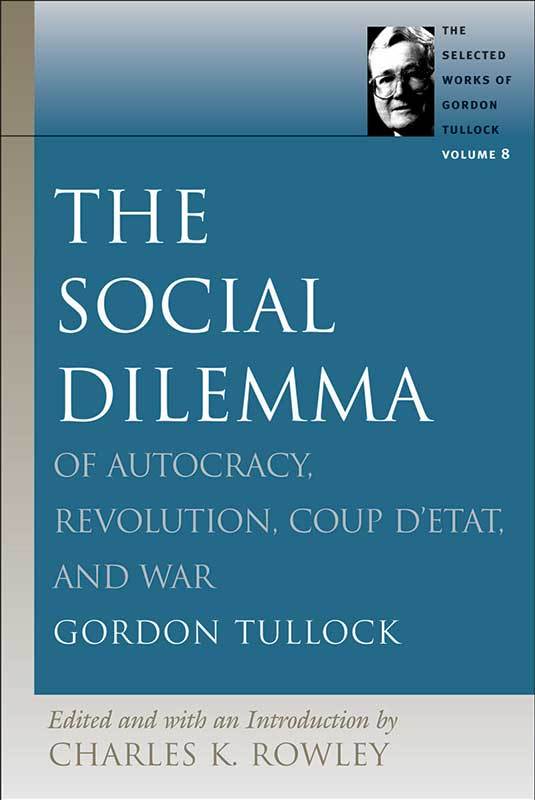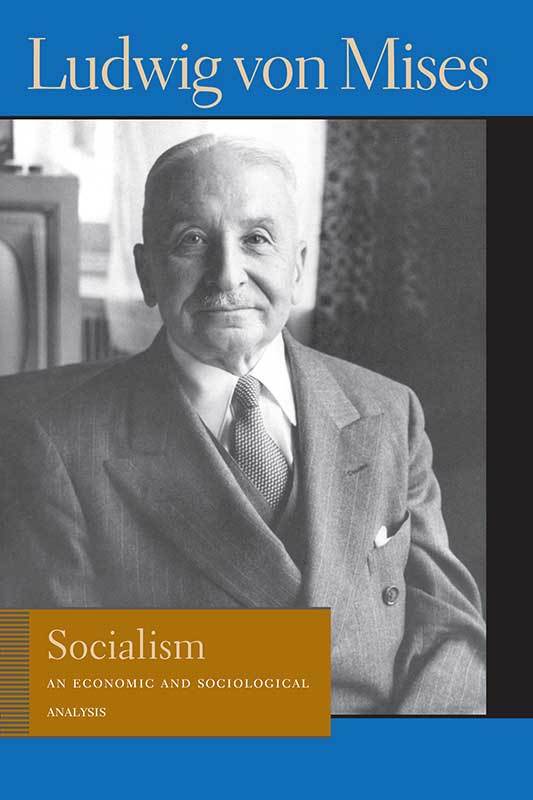For Educators
-
The Revolutionary Writings of John Adams
by John Adams
/ Learn MoreThe Revolutionary Writings of John Adams presents the principal shorter writings in which Adams addresses the prospect of revolution and the form of government proper to the new United States. This collection illustrates that it was Adams who, before the Revolution, wrote some of the most important documents on the nature of the British Constitution and the meaning of rights,…
-
The Rights of War and Peace
by Hugo Grotius
/ Learn MoreSince the nineteenth century, Hugo Grotius’s Rights of War and Peace has been the classic work in modern international law, laying the foundation for a universal code of law. Grotius’s continuing influence owed much to the eighteenth-century French editor Jean Barbeyrac, whose extensive commentary was standard in most editions, including the classic English one (1738), the basis for the Liberty…
-
The Roots of Liberty
by Ellis Sandoz
/ Learn MoreThe Roots of Liberty is a critical collection of essays on the origin and nature of the often elusive idea of liberty. The essays address early medieval developments, encompassing such seminal issues as the common-law mind of the sixteenth century under the Tudor monarchs, the struggle for power and authority between the Stuart kings and Parliament in the seventeenth century,…
-
The Sacred Rights of Conscience
by Daniel L. Dreisbach and Mark David Hall
/ Learn MoreThe Sacred Rights of Conscience contains original documents from both public and private papers, such as constitutions, statutes, legislative resolutions, speeches, sermons, newspapers, letters, and diaries. These documents provide a vivid reminder that religion was a dynamic factor in shaping American social, legal, and political culture and that there has been a struggle since the inception of the Republic to…
-
Scholasticism and Politics
by Jacques Maritain
/ Learn MoreScholasticism and Politics, first published in 1940, is a collection of nine lectures Maritain delivered at the University of Chicago in 1938. Maritain championed the cause of what he called personalist democracy—a regime committed to popular sovereignty, constitutionalism, limited government, and individual freedom. He believed a personalist democracy offered the modern world the possibility of a political order most in…
-
Selected Writings of Lord Acton
by John Emerich Edward Dalberg-Acton
/ Learn MoreLord Acton was among the most illustrious historians of nineteenth-century England, a man of great learning with a deep devotion to individual liberty and a profound understanding of history. Liberty Fund is proud to offer the most complete collection of Acton essays ever published. Volume I: Essays in the History of Liberty Included are his two famous essays on the…
-
The Selected Writings of Sir Edward Coke
by Sir Edward Coke
/ Learn MoreSir Edward Coke (1552–1634) successfully defended English liberties against the royal prerogative of the Stuart kings and virtually single-handedly established the rule of law for the English-speaking peoples. Coke’s view of English law has had a powerful influence on lawyers, judges, and politicians through the present day. It was Coke’s astonishing task to set down the whole of the law—from…
-
Selections from Three Works
by Francisco Suárez
/ Learn MoreFrancisco Suárez (1548–1617) was the greatest metaphysician and moral theorist of sixteenth- and seventeenth-century scholasticism. Suárez is of particular importance as a theorist of natural law and of rights, for his work combines expertise in moral theory with a mastery of civil and ecclesiastical jurisprudence and a sophisticated theory of the human person. The bulk of the selections in this…
-
The Servile State
by Hilaire Belloc
/ Learn MoreHilaire Belloc (1870–1953) was one of the most respected men of his day for his learning, insight, wit, and brilliant literary style. Author of over a hundred books and articles, Belloc was a journalist, polemicist, social and political analyst, literary critic, poet, and novelist. The Servile State has endured as his most important political work. The effect of socialist doctrine…
-
Sketches of the History of Man
by Lord (Henry Home) Kames
/ Learn MoreDivided into three books, Kames’s Sketches of the History of Man draws together the concerns of many of his earlier works. The first book considers man in the private sphere, while the second explores man in the public sphere. The final book is an account of progress in the sciences of logic, morals, and theology. Throughout the entire work, Kames…
-
The Social Dilemma
by Gordon Tullock
/ Learn MoreThe Social Dilemma reflects Tullock’s contributions to areas of public choice that typically are ignored by mainstream scholars, who tend to focus on cooperative, democratic states. Tullock explores instead the workings of the dictatorial state and the economics of war between nations. Gordon Tullock is Professor Emeritus of Law at George Mason University, where he was Distinguished Research Fellow in…
-
Socialism
by Ludwig von Mises
/ Learn MoreMore than thirty years ago F. A. Hayek said of Socialism: “It was a work on political economy in the tradition of the great moral philosophers, a Montesquieu or Adam Smith, containing both acute knowledge and profound wisdom. . . . To none of us young men who read the book when it appeared was the world ever the same…
Promotions
Stayed tuned for future promotions!


